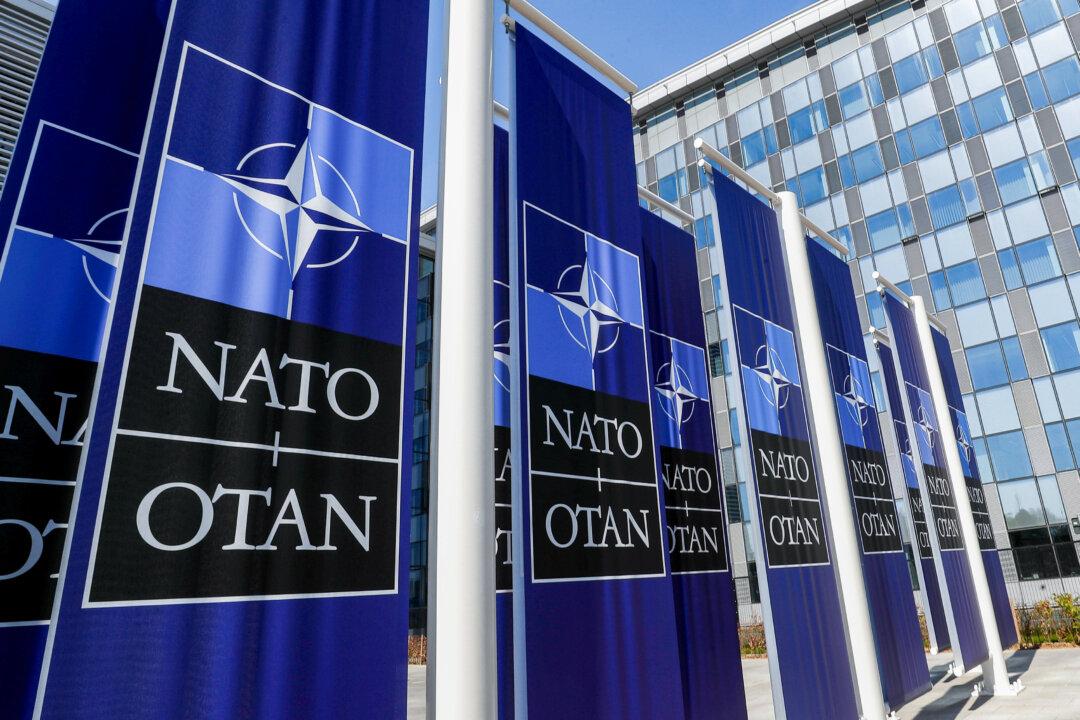In the spring of 1952, the Republican Party was divided by “old guard” isolationists, led by presidential frontrunner Sen. Robert Taft (R-Ohio), who demanded a refocus to confronting China from defending Europe after the Communist Chinese Party (CCP) intervened in the stalemated Korean War.
Mr. Taft, son of former Republican President William Howard Taft, had opposed the United States aiding the United Kingdom and other European nations a decade earlier—before Pearl Harbor, that is—and lobbied against the post-war Marshall Plan.





